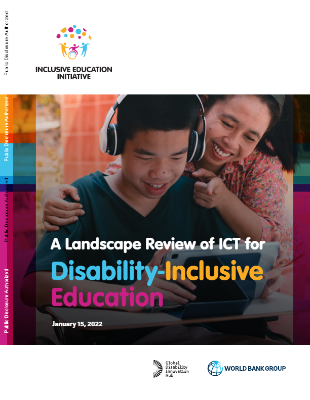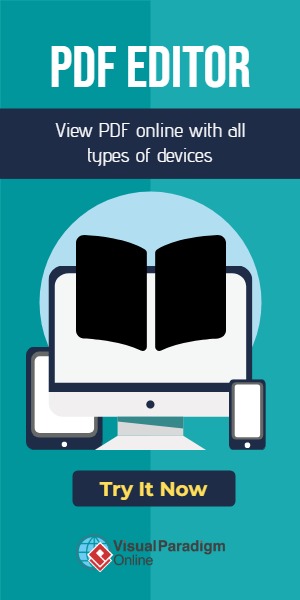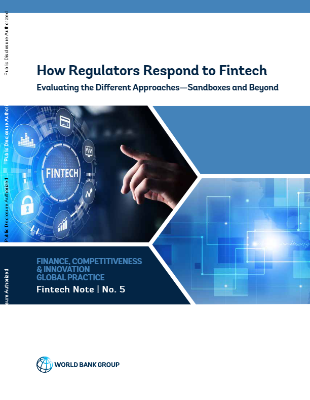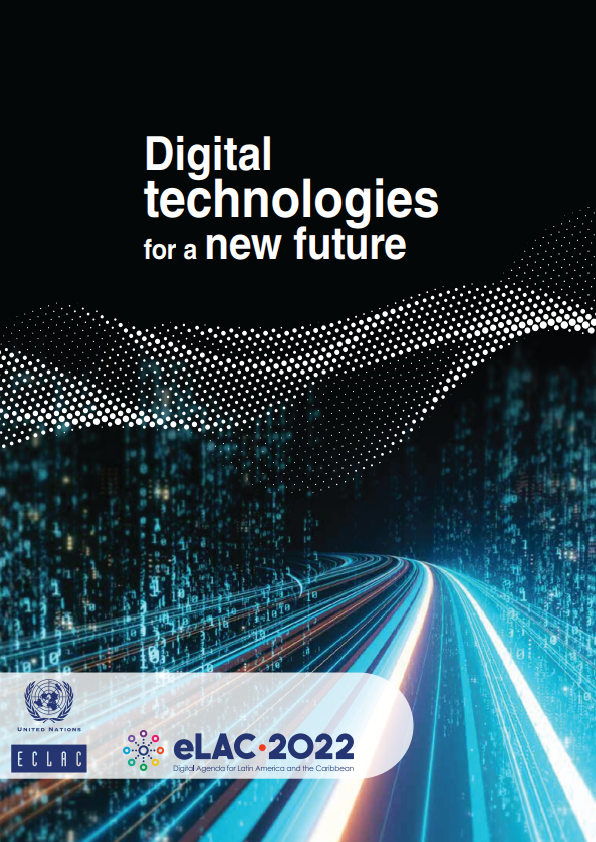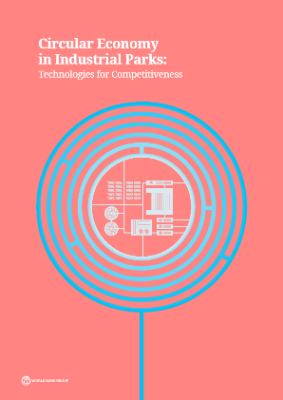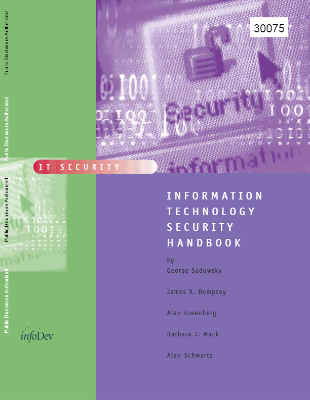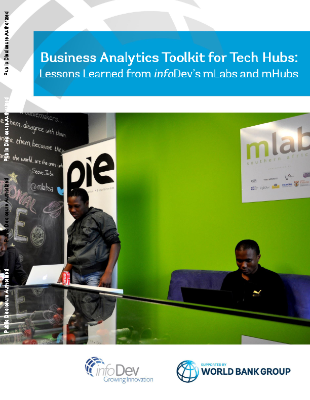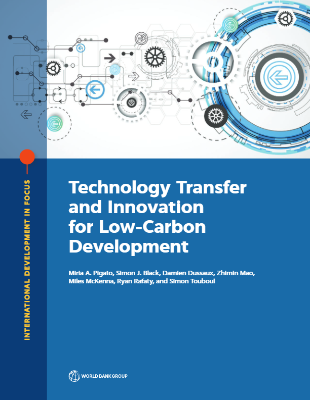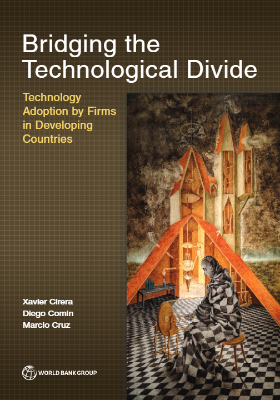Information and communication technology (ICT) tools can have a catalytic effect in advancing both educational access and learning outcomes for children with disabilities.
Despite tremendous potential, a gap exists between technology advancements and their large-scale application in educating children with disabilities in low- and middle-income countries. This landscape review of ICTs for disability-inclusive education by the Inclusive Education Initiative seeks to understand the current status and trends in the practice of educational technology (EdTech) and the use of ICT in improving the educational participation and outcomes of children with disabilities. The review explores what factors enable or restrict this improvement within the wider EdTech ecosystem.
Since early 2020, the COVID-19 pandemic required governments around the world to pivot to remote or distance learning with high emphasis on EdTech interventions. The review explores how ICT supported the continued learning of children with disabilities during pandemic-related school closures. It shares insights from the experiences of multiple stakeholders, including teachers, parents and caregivers, government officials, and civil society in delivering accessing digital learning solutions for children across the spectrum of disabilities. Global insights were supplemented with country case studies in Bangladesh, Ethiopia, Kenya, Nepal, and Rwanda to draw out examples of what is and is not working and how COVID-19 has impacted learning for children with disabilities.
Assessing the ecosystem through the 6 P’s
While technology alone cannot solve learning gaps by itself, it is vital to supporting the learning outcomes of children with disabilities.
The level of access and the impact of ICT for inclusive education depend on various interconnected factors. The insights and findings that emerged from the primary and secondary research conducted in this study reflected the themes identified by the 6 P’s education systems framework: people, products, pedagogy, policy, place, and provision. This framework is used to summarize the essential components of the entire EdTech ecosystem, identify what is and is not working, and how each part is necessary for the others. The review identified six key challenges that need to be overcome to ensure that learners with disabilities are fully able to access and benefit from ICT for inclusive education.
